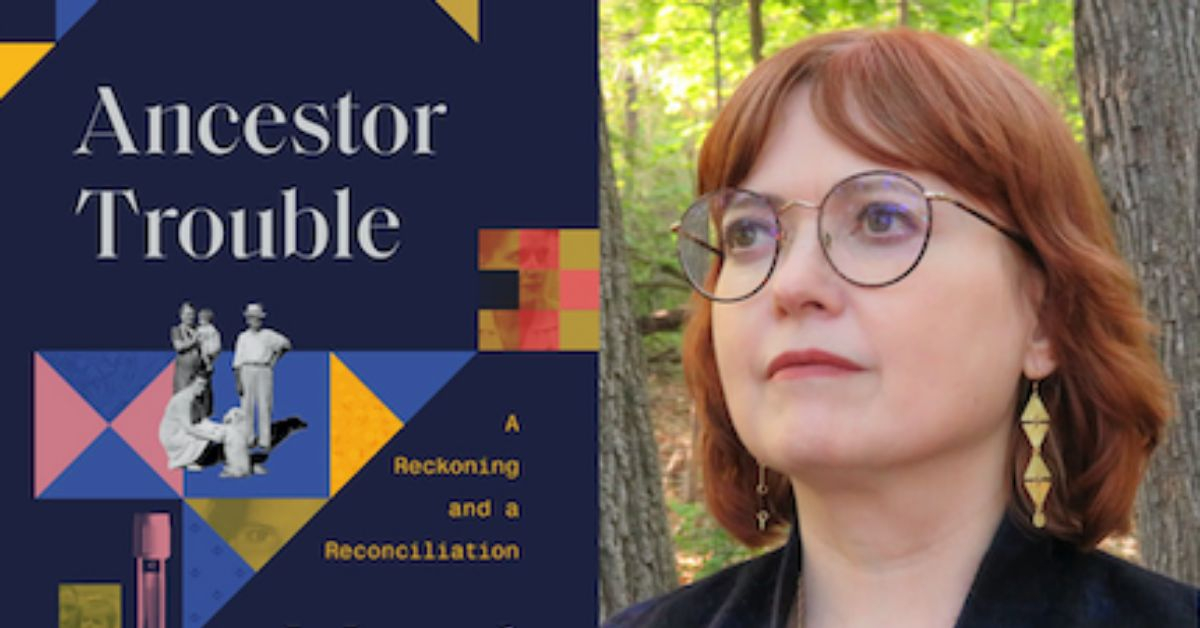
Here she probes at deeper, more complex questions about blood and lineage, fate and genetics, nature versus nurture.Īncestor Trouble is an extraordinary deep dive into the author’s family tree, yes, but it’s also immensely researched in terms of historical and scientific relevance. What Newton does so well with Ancestor Trouble: A Reckoning and Reconciliation (Random House, March 29 2022) is what memoirists have long done-taking intensely personal and idiosyncratic obsessions and shaping them into a story, one that can be generalized. Like Newton’s mother, mine also attached herself to strange Evangelical beliefs a preoccupation with religion.

Somewhere in the depths of my late mother’s psyche was this burning suspicion that she, too was a reincarnated witch. Mary Parsons, one of Newton’s ancestors from the 17 th century, was accused of being a witch. What’s more, other seemingly unusual family traits crept into the narrative. Mental illness runs rampant on my maternal side it’s woven tightly into the folds of Newton’s as well. I could have made this exact comment, but about my mother. Of her father, Maud claims to have “loved and feared him.” She writes of lying awake in the dark night the significance of having half his genome embedded within her very being. Maud Newton and I seem to be cut from the same cloth. Like Maud, I we both drank alcohol very sparingly as younger people and rarely drink now. Alcoholism ran in my family, too. Didn’t my ancestors want me to speak their silences?

I had questions and quandaries, worries and reservations. Like Maud Newton, my Southern roots were showing. These were the questions that plagued me as I set out to unearth the silences buried in my family tree. What happens when a curious writer is riddled by her own ancestors? Is writing about the dead an act of honor, or intrusion?


 0 kommentar(er)
0 kommentar(er)
